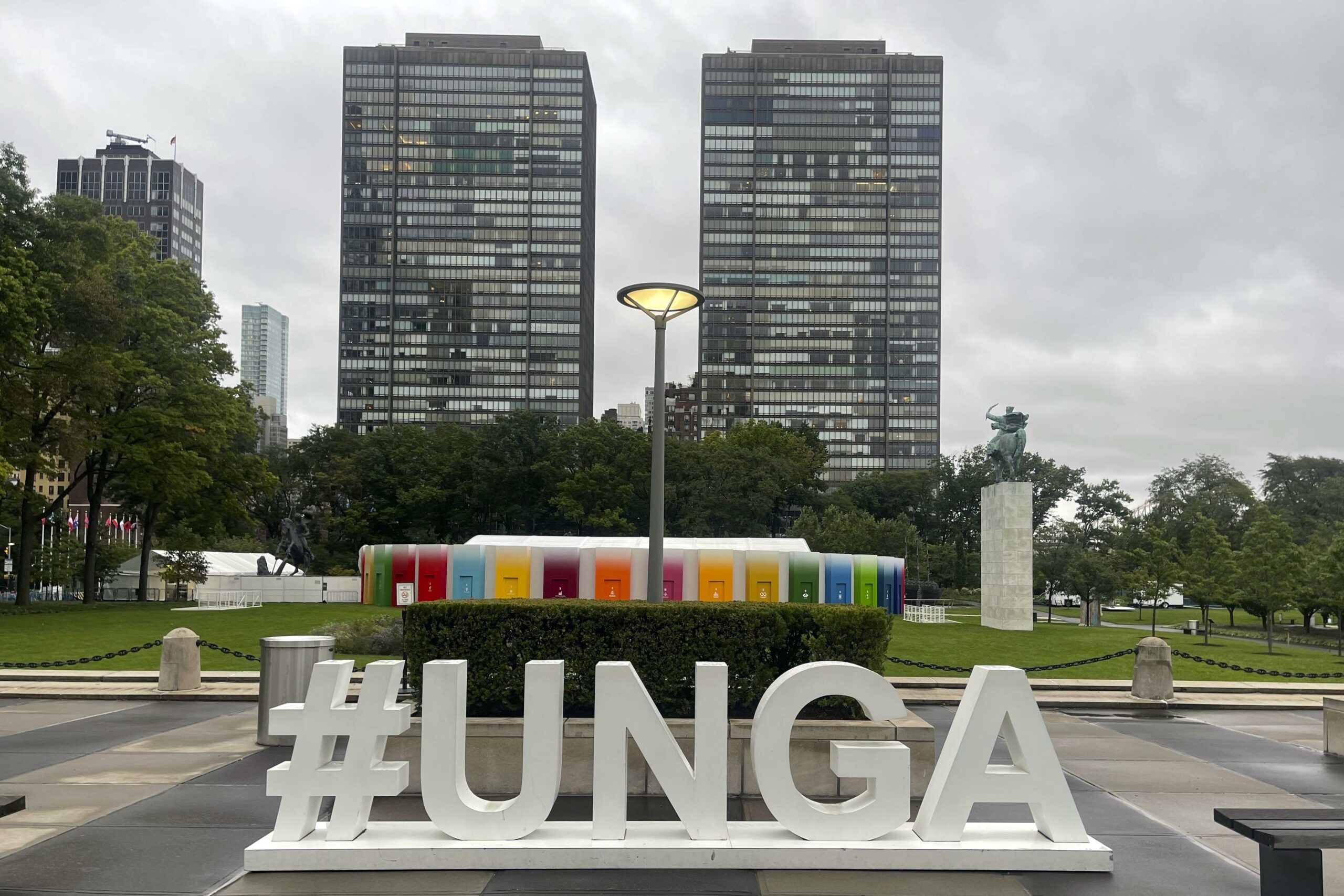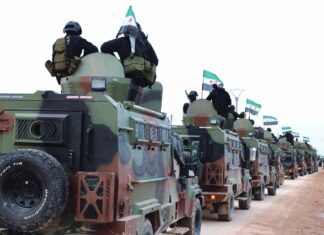
Eight decades after the founding of the UN, its annual General Assembly (UNGA) convenes in the shadow of global conflicts, political fractures, and general mistrust. However, despite the crimes in Gaza, the invasion of Ukraine, and the return of Donald Trump to the UN stage, questions over the institution’s future, one of the week’s most scrutinized arrivals will be Syria’s new president, Ahmad al-Sharaa.
Sharaa is set to lead Syria’s first UNGA delegation since the fall of the Assad regime. Outside UN headquarters, Syrian expatriates are organizing welcome events and planning to personally greet Syria’s delegation—a small, physical proof of what many in the diaspora now describe as a long-awaited reopening.
Farouq Bilal, president of the Syrian American Council, told Levant 24 (L24) that “Thousands of Syrians residing in various US states are organizing trips to New York, and preparing to hold events welcoming the Syrian delegation, affirming their connection to their homeland and their willingness to contribute to the process of recovery and reconstruction.” Sharaa’s September 24 UNGA address will be watched for more than rhetoric, given that it is the first such visit of a Syrian president in over five decades.
Substantive or Simply Symbolic?
Beyond symbolism, Syrian officials see the UNGA as a platform to set the terms of re-engagement. In July, Sharaa appointed Ibrahim Olabi, a British-trained lawyer, as ambassador to the UN—a move observers described as a deliberate signal to Western capitals.
Dr. Ghazi Faisal Hussein, professor of international relations, told L24 that Syria’s reappearance “represents a qualitative turning point for Syrian foreign policy.” He emphasized that Damascus is now in a “transitional phase through which Syria is regaining legitimacy on various levels.” For that to be credible, he said, Syria must pursue constitutional reforms, elections, and separation of powers.
The UN session’s official theme—“Better Together: 80 years and more for peace, development and human rights”—aligns with the Syrian delegation’s stated priorities: sovereignty, reconstruction, and national revival. According to the UN, human rights are woven through every agenda item this year.

By framing its UN message around sovereignty and institutional rebuilding, the new government is asserting Syria’s right to define its own path while inviting international engagement on its terms. While the transitional government’s actions over the last eight months have been in step with its stated policy, Syria’s participation in this UNGA still resonates with citizens and analysts alike.
“This will be the first time that the president speaks there since 1967,” Dr. Aaron Y. Zelin, a Levy fellow at The Washington Institute for Near East Policy, said to L24. “Even if for many it feels as if every country does these speeches, it’s still significant for Syria and its history,” says Zelin. Meanwhile, Bilal echoed the sentiment, noting it “gives us a sense that the doors are reopening for economic and diplomatic relations after decades of isolation.”
UN as a Global Gateway
For many Syrians abroad, UN visibility raises hopes of substantive recovery. Bilal says Syrians are ready to invest in the country, “We possess the expertise, capital, and extensive networks that can effectively contribute to [Syria], but these efforts require serious reforms, investment guarantees, and a legal environment that protects projects and ensures their sustainability.”
Yet observers stress that credibility depends on action, not only announcements. Zelin warned that ambitious reconstruction promises may falter if corruption and lack of professional capacity are not addressed. “Making sure that the process related to all this is smooth and goes well will be important going forward.”

Despite the need to rebuild the war-ravaged infrastructure and an economy destroyed by corruption and mismanagement, Syria’s revitalization exceeds the material. As Hussein mentions, it encompasses the political and societal spheres as well: “Syria has overcome the ordeal of isolation experienced by the former oppressive, authoritarian regime [following] the era of isolation, internal unrest, mass destruction, and the mass migration… Syria is now living in a phase of reconstruction and development. Rebuilding social, political, and economic partnerships.”
A Second Chance…
For Sharaa, the UN podium is both an opportunity and a test. His words will signal whether Syria’s re-entry is framed as reconciliation, defiance, or a mixture of both. For the UN, his presence highlights the paradox of an institution that offers every member state a platform while lacking leverage to ensure promises become policy.
“From a Western context,” says Zelin, “… a unifying message is important more than anything.” If Syria pairs its UN debut with concrete commitments—constitutional steps, safeguards for returnees, and transparent reconstruction—the moment could be a seminal one in Syrian history. However, Zelin cautions, that while “People want to believe in second chances,” for some, “Syria’s track record makes that a dangerous gamble.” Tomorrow’s speech and the days after will help set the stage for the country’s future.








